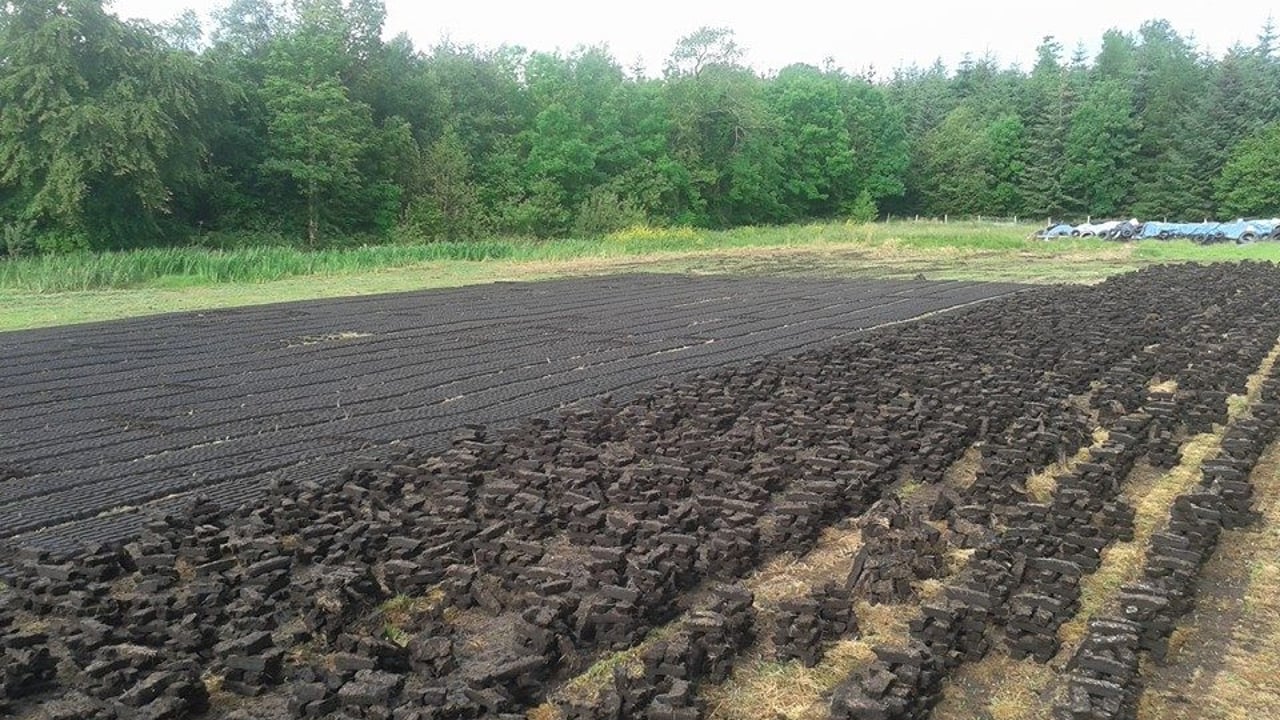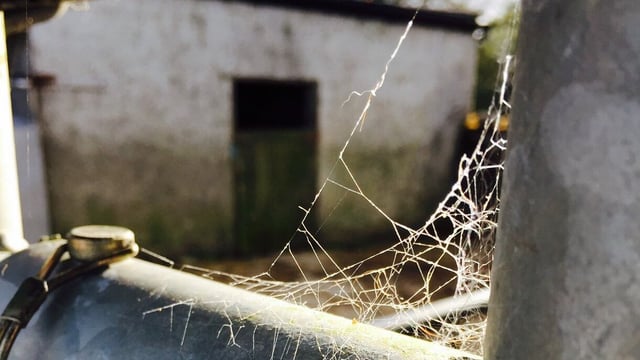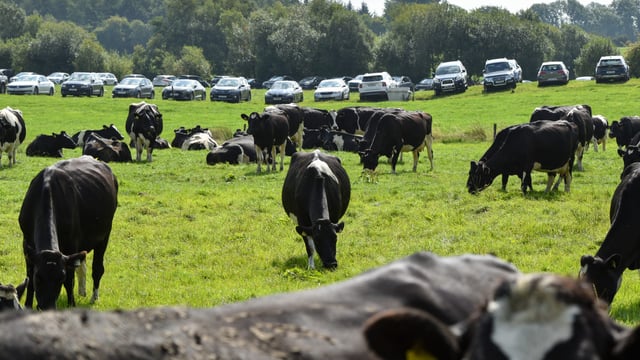Commission's role in Green New Deal is 'damaging' rural areas - Reynolds
European elections candidate for the Midlands-North-West, James Reynolds is "firmly opposed" to the European Commission’s stance towards Ireland’s traditional turf cutting practices and bog restoration efforts.
Reynolds said that it seems that the commission's role in the implementation of the Green New Deal is "damaging and fractioning" rural communities across Europe.
He added that turf cutters must be supported as they face an "inflexible and over arching" EU commission.
The European election candidate said that turf cutting has been an "integral" part of Irish culture and that many families have relied on it for heating, cooking, and an economic subsidence to farming.
Reynolds added:
"The commission’s threat of legal action disregards the socio-economic impact on rural communities. We advocate for a balanced approach that respects our heritage, while promoting sustainable land management.
"We call for respectful dialogue and a willingness to understand Ireland’s context and position. Solutions can be found that benefit our environment but not to the detriment of Irish citizens' livelihoods."
Reynolds invites the European Commission to engage in "constructive" discussions rather than pursuing "punitive legal actions", as the bogs "can be protected".
"The purpose of my campaign is to save rural Ireland, and provide Irish representation in the ascendant right-wing faction of the EU parliament, which is projected to be the dominant faction after the upcoming elections," Reynolds added.
Meanwhile, Reynolds has urged the government to “relax” rural planning restrictions to make homeownership more “attainable” and “affordable”.
He added that wages in rural Ireland are often “too low” to qualify for a mortgage at current house prices, and people starting out, face an “impossible situation”.
The European election candidate said that rural living is “demonised” due to government policies and that obtaining planning permission in the country is impossible.
“Current and proposed government initiatives and tax incentives do not solve the core housing issue. I am calling on the government to reduce the financial contributions levied by the state from new house construction,” he said.
People who are aiming to build new homes face “numerous costs” that make the process for them, however, there has never been a “better opportunity” to implement these changes, Reynolds said.





